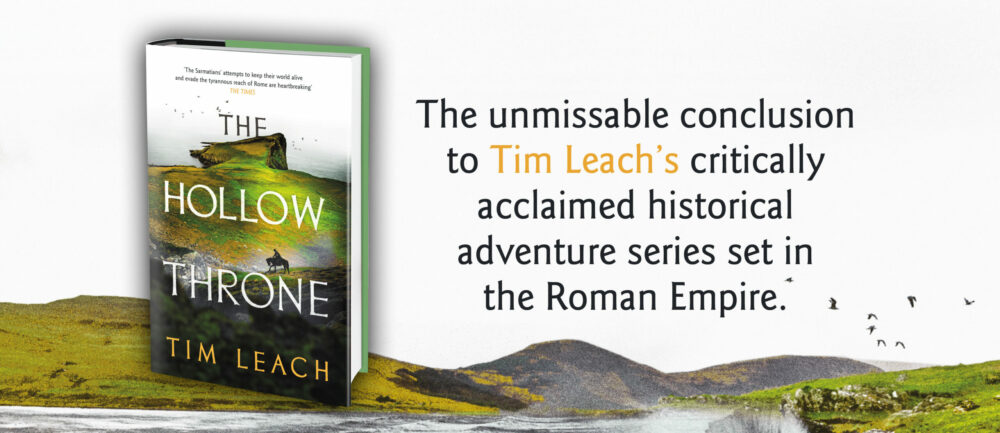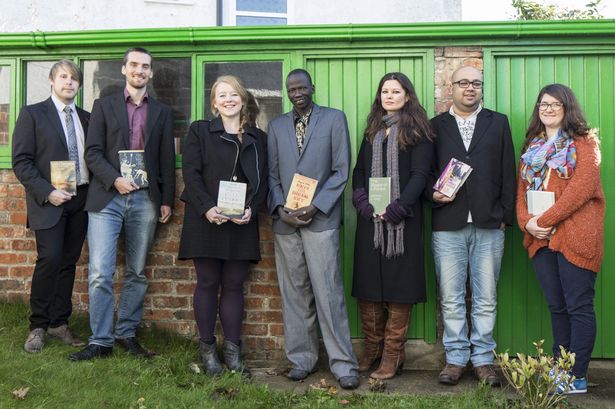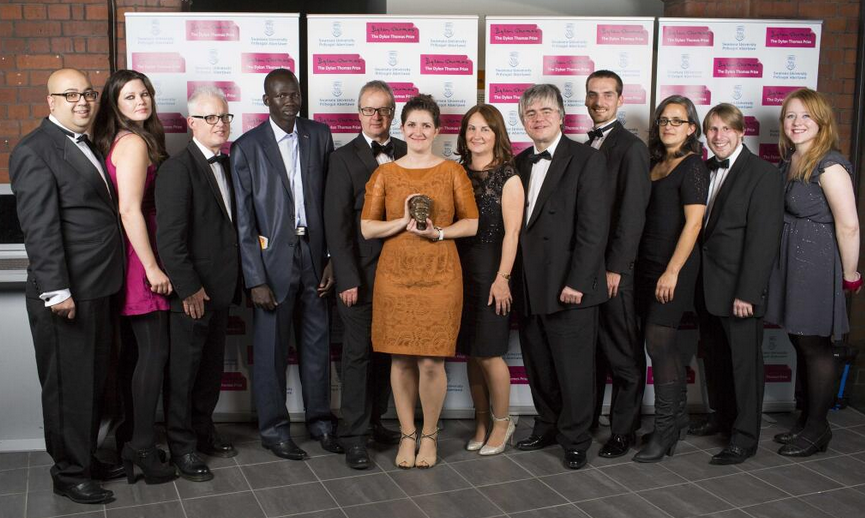At long last, it’s finished. Against the odds, you’ve planned, drafted and edited your first novel. Now the only question is which publishing path to choose.
Some people will choose to try for the traditional model first, submitting to agents and publishers, with self publishing as a back up option. Others go straight into self pub, believing it to be the newer and better form.
Both paths have their merit, depending on the author and the work. However, I’d like to suggest that you strongly consider a third way.
Don’t publish it.
When you finish your first novel, you should give very serious consideration to pouring yourself a celebratory glass of Scotch, sticking a year’s hard work in a drawer, and starting straight away on the next one.
Why? Because it’s probably not good enough.
It’s a shadowy topic that isn’t always discussed openly, but ply a successful writer with enough wine or whisky, and you might just get them talking about the stinker they’ve got hiding in a desk drawer at home, never to see the light of day. That mediocre novel they turned out when they were first learning the craft. Some have got more than one – two, three, half a dozen. Some have more than ten.
When they finished their book, they didn’t immediately leap into trying to get it published, to get it out to as many readers as possible, to make as much money from it as they could. First, they gave it a long hard look, and they asked – is it good enough? More often than not, for a first time novel, the answer is no. Editing can do wonderful things, but sometimes there are books that cannot be saved, that are too fundamentally flawed. Then they asked, can I do better? And they knew the answer was yes.
I don’t recommend this course of action out of snobbishness, or elitism. It’s because I think it is one of the best things a writer can do to develop their craft. The moment you publish something, you tell yourself that it is of professional standard, that it is worthy of being paid for. Fix that bar too low, and you’ll cease to push yourself as hard as you could. Traditional publishing has a barrier to entry built into it; questions may be asked at how effective or well calibrated it is, but there are plenty of writers who owe their development to the knock backs they got, forcing them to raise their game. Now with the option of self publishing, it falls to writers to exercise restraint and discipline. Not to click publish until they are certain that the work is good enough.
Most self published novels I see aren’t truly terrible. They really aren’t. They’re just very average. Mediocre. Undercooked. The work of writers still finding their voices, writers who are still learning, still a few novels away from producing the real thing. And I believe that you shouldn’t start monetising your art until you have absolute confidence (and trusty external validation) that what you are producing is strong enough. Otherwise, you’re disrespecting both your art form and your readers. You might be stunting your own growth as well.
When I wrote my first novel, I knew it wasn’t good enough. I could have stuck it online, earned a little beer money. The hook was enticing enough, and on a sentence level it wasn’t too bad. But it wasn’t good enough for me, I knew I needed to do better, that I could do better. So it was an important decision for me not to publish it – not to let myself think that it was good enough. Because it wasn’t.
The next book I wrote secured a two book publishing deal. If I’d settled for the quality of the first novel and published it, I might never have pushed myself to make the next one that much better. I owe a lot to that first book I wrote, it taught me so much. But I’m glad I didn’t publish it.
So that first book you’ve finished? Maybe it really is good enough to send to agents, or to publish yourself. You might be an exceptional case, someone who really did crack it first time around. But maybe you should take a moment to congratulate yourself and think on all the things you’ve learned.
Then put that book aside, and start in on the next one. This time, you’ll get it right.


